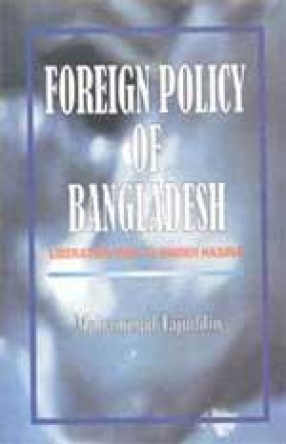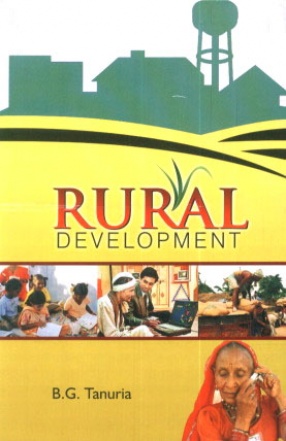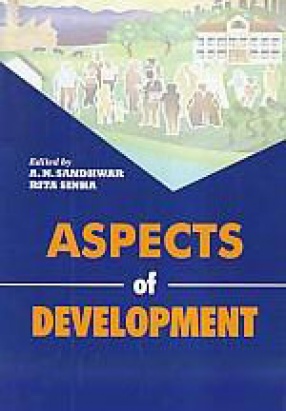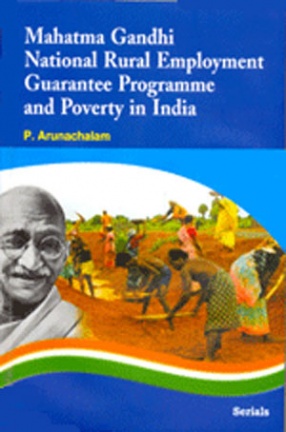Foreign Policy of Bangladesh: Liberation War to Sheikh Hasina
In stock
It is generally viewed that a country like Bangladesh which is weak, poor and heavily dependent upon the assistance of the international institutions and major powers of the world can not have any thing significant in its foreign policy which can be studied. The reality is contrary to the common perception. Foreign Policy of all the Least Developed Countries including Bangladesh is more important for their policy makers than any domestic policy. Policy formulation for development in any area and its implementation through programmes is largely dependent upon the international ‘development partners’. National budget of Bangladesh is normally presented in the parliament every year after the annual meeting of the International Aid Consortium on Bangladesh. Foreign policy and diplomacy is the only tool to mobilize and maintain differents ‘development partners’ interested in the problems of a LDC like Bangladesh. Foreign policy is not important only for the development of the LDCs but also for their national security. Like all developed and developing states, these states too have their threat perceptions – actual or imaginary. In most cases unsettled borders are causes of conflicts among the developing countries including the LDCs. Active and moderate foreign policy in the international organizations, cooperative relationship with the major world powers and problem free cordial relations with neighbours is essential for their security. Dissuasion of neighbour/s or any other interested foreign power from covert or overt support to peaceful or insurgent movement/s of disaffected group/s within the country is a big challenge to the foreign policy makers of these states. Development and maintenance of military capability as deterrence to any foreign intervention is non-feasible for them. Diplomacy is the only effective means for the protection and promotion of their vital national interests particularly when the other party is more powerful. The status of Bangladesh as the largest LDC in terms of population, the geo-politics of its location, the overlapping physiography and hydrography with India are the factors which create many challenges for the development and security of the country. There is no alternative of an active, moderate and liberal foreign policy for Bangladesh to overcome the problems coming in the way of nation-state building. Despite many of its failures, Bangladesh which was leveled as a ‘basket case’ by the pessimists after its emergence as an independent state has been successful in overcoming many of its problems and improving the quality of life of its people in many respects. Its achievements in the sector of human resources development in recent year have been more appreciable than India and Pakistan. Active foreign policy has played important role for Bangladesh’s successes in different national sectors. The present work analyzes all the important dimensions of Bangladeshi foreign policy in a theoretical paradigm. It is hoped that the book will be helpful in the study of the foreign policies of other LDCs particularly of South Asia.





There are no reviews yet.